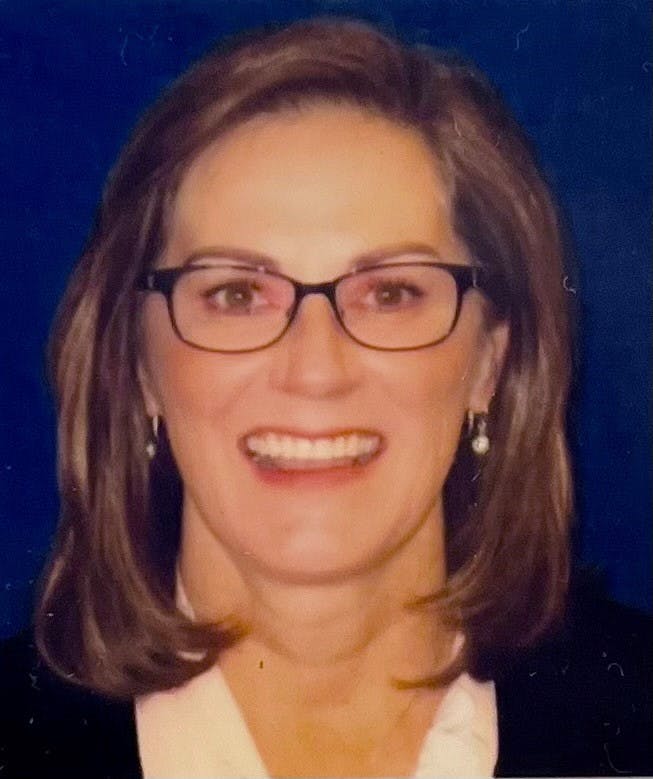Community Development Block Grant (CDBG)
CITY OF AUBURN
NOTICE OF PUBLIC HEARING
BY DIRECTION OF THE HUMAN SERVICES COMMITTEE OF THE CITY OF AUBURN, WASHINGTON, NOTICE IS HEREBY GIVEN that a Public Hearing will be held before the Human Services Committee at 4:00 PM on Monday November 24, 2025, in the Annex Conference Room No. 1, located at 1 East Main Street, Auburn, Washington, 98002, on the following:
AMENDED 2025 ANNUAL ACTION PLAN
Auburn, Washington - In accordance with 24 CFR 570 and 704 of HUD, the City of Auburn solicits comments and public input for its draft 2025 Annual Action Plan in the CDBG program.
The 2025 Annual Action Plan is a requirement for the Department of Housing and Urban Development's (HUD) Community Development Block Grant (CDBG) Program. The Action Plan describe housing and community development needs as well as activities to address those needs. The Action Plan amendment will reflect all public comments received. The amendment adds an activity that will allow the City, if necessary, to brings together an emergency food distribution activity in light of the pause in SNAP benefits that will be funded by the Community Development Block Grant program.
In accordance with 24 CFR 91 of HUD, the City of Auburn solicits comments and public input for its 2025 Community Development Block Grant (CDBG) program.
Copies of the City’s 2025-2029 Consolidated Plan and the Draft Amendment to the 2025 Action Plan are available, at no charge, from the City of Auburn's Human Services Department located at 25 W. Main Street, Auburn, 98001. It is also posted on the City’s website at www.auburnwa.gov and www.speakupauburn.org.
Any interested person is invited to appear virtually, or in person, and express comments or opinions on the proposed amendment. Written comments and/or opinions may be submitted to the City of Auburn at jdavison@auburnwa.gov or mailed to the City of Auburn, Attn: Human Services Department, 25 West Main Street, Auburn, WA 98001-4988. All written comments must be received prior to 5:00 pm on December 1, 2025. If you have questions, please contact Jody Davison, CDBG Coordinator at jdavison@auburnwa.gov or 253-876-1965.
If an individual requires accommodation, the City requests notice of the need for accommodation by 5:00 p.m. on November 21, 2025. Participants can request an accommodation to be able to provide remote oral comment by contacting the Jody Davison in person, by phone (253) 876.1965, or email to jdavison@auburnwa.gov.
To join the meeting virtually from a PC, Mac, iPad, iPhone or Android device via Teams by clicking: Join the meeting now
Meeting ID: 248 953 040 008, passcode: AA2Tw5
Individuals with speech, sight, or hearing disabilities, or who are requesting translators or adaptive equipment for communication purposes should contact the City of Auburn at (253) 931-3039 within 10 calendar days prior to the meeting, as to the type of service or equipment needed. Each request will be considered individually according to the type of request, the availability of resources and the financial ability of the City to provide the requested services or equipment.
| Document | Comment Period |
|---|---|
| Consolidated Plan and Annual Action Plan | 30 Calendar Days |
| Substantial Amendments to either Consolidated or Annual Action Plan | 30 Calendar Days |
| Housing Assessment | 30 Calendar Days |
| Citizen Participation Plan | 30 Calendar Days |
| CAPER | 15 Calendar Days |




